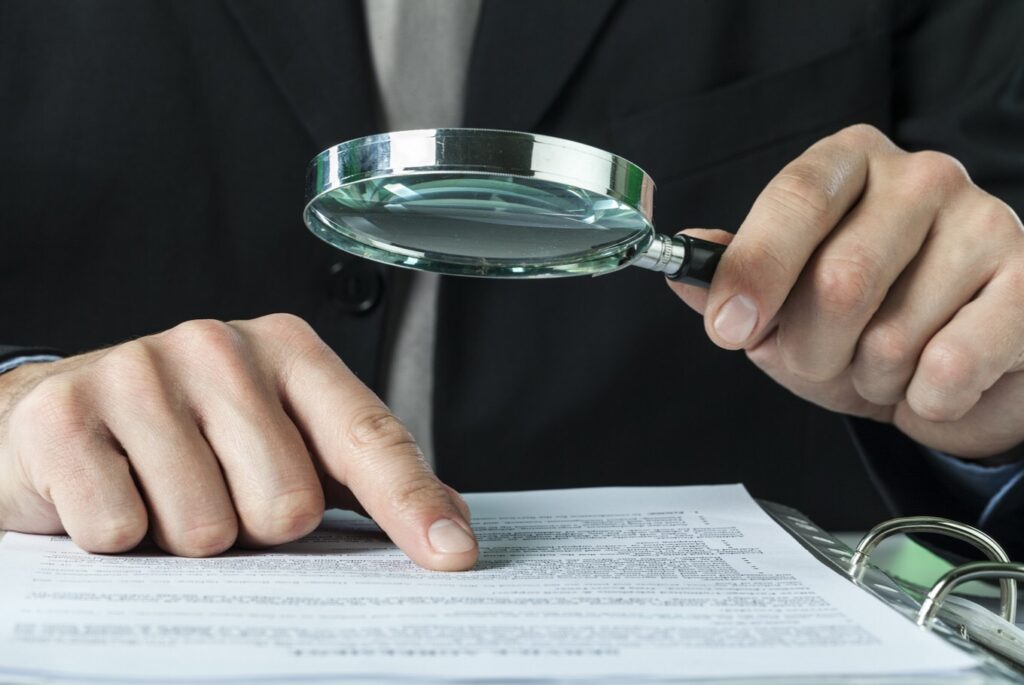- Email Us : info@leonardtam.com
- Call Us: (437) 500-6494

The last thing you need is a letter from Canada Revenue Agency informing you that you are being audited. In the year 2017, more than 35,000 of such letters were issued to businesses, and almost 55% of such letters targeted small to medium-sized businesses. Although there is no avoiding one, there are ways to cut down the risk of being audited. These are the top 10 red flags that you need to know and avoid.
In Toronto, where the business landscape is diverse and competitive, understanding how to minimize audit risks is crucial for local entrepreneurs.
Your personal revenues will be matched against all tax forms. Be certain that the income you report for HST purposes matches with your income, income from your T4, T3 or T5 slips. They must match, for any material discrepancies will trigger an audit. Toronto businesses should ensure compliance with local tax regulations and accurate reporting on all relevant tax forms.
Items such as meals and entertainment, miscellaneous and travel expenses are of particular interest to CRA. If you are operating a business, be sure to have receipts to back them up. CRA’s rule is simple: Be reasonable: all payments must be linked to the business you are operating. Claiming your trip to Puerto Vallarta is a no-no, if you have had no business in Puerto Vallarta.
If you qualify for it, it is a good way to lower your taxes, but the rule of the home deduction is that the space claimed must be used exclusively for business, such as meeting clients or office work. The word “exclusive” is key here. If you double up your kitchen or living room as business use, this will be flagged. However, not everyone will have an exclusive space dedicated for business if you are living in a small space. A claim of 10 – 15% is reasonable, and CRA will probably allow it.
If you run a business that has the opportunity to do cash, be careful. Businesses like hair salons, restaurants, construction, dog walking or similar businesses will be scrutinized.
The temptation not to pay taxes often is the reason why people report losses. CRA does not allow losses to occur year after year after year. Events like this will trigger an audit, and if your business has no reasonable expectation for profit, CRA will likely not deem your operations a business. The result will be a very expensive re-assessment for both taxes and HST
If hiring someone from your family and claiming them as a deduction, make sure they have some real duties for them. Pay them the amount that you would pay a third party. If you over pay them, you run the risk of being audited. Follow it up with the proper source deductions, and make your remittance on time. Failure to do so will definitely trigger an audit.
This is a prime target for CRA when individuals claim 100% of their vehicle. Keep a log or some kind or record on file. Depending on your nature of business, this percentage use will vary widely. The mileage used by a real estate agent will be different from that of a proprietor with a salon-at-home business.
CRA keeps track of industries and ratio margins of cost of goods sold, wages, overheads and profit margins for every type of industry. Keep your business ratios within it and you will be fine. Stray out of it and do it for too long, you are now ripe for an audit.
Operating a business where you only have one client is a recipe for an audit. There are rules on what constitute a self-employed business and what constitutes a Personal Service Business. Just having an HST number and declaring yourself as self-employed may not pass the smell test with CRA. If your sole client has full control over your time, resources and type of work you do, you may not be allowed the self-employed status. All expenses claimed will be disallowed and subject to prior year review and reversal. There are huge penalties and interests if that happens.